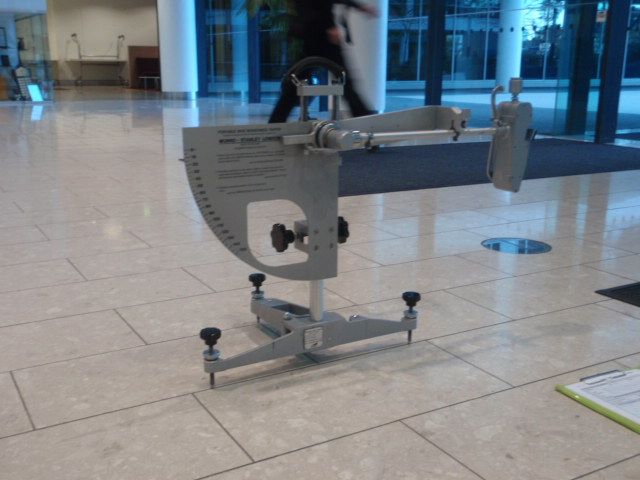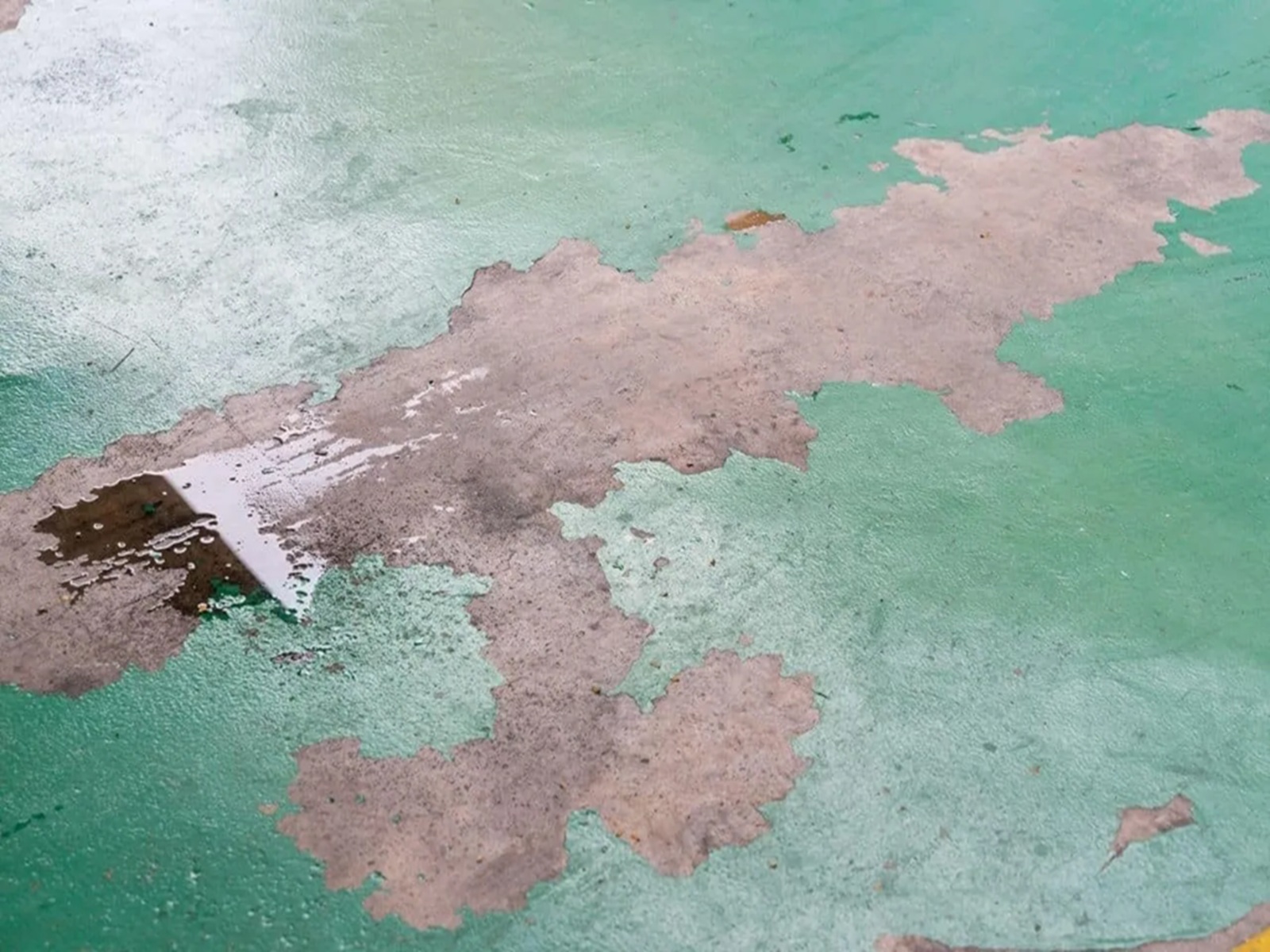Keeping Industrial Floors in Top Shape: Why It’s More Important Than You Think
In the hustle of Malaysia’s manufacturing and logistics sectors, production and warehouse floors often take a beating. From heavy machinery and forklifts to foot traffic and chemical spills, these surfaces face constant wear. Yet, many businesses overlook one simple practice that could save time, money, and safety risks—regular floor maintenance.
1. Safety First: Prevent Slips, Trips, and Accidents
Damaged or neglected floors pose a serious safety hazard. Uneven surfaces, cracks, or loose coatings can cause accidents, especially in high-traffic zones. Regular inspections and maintenance help:
- Eliminate trip hazards
- Ensure anti-slip surfaces remain effective
- Maintain compliance with OSHA and DOSH safety regulations in Malaysia

(Image from SlipCheck)
2. Protect Your Investment
Industrial flooring isn’t cheap. Whether you’ve installed epoxy, polyurethane, PU-screeds (such as in our project here), or silane-terminated polymer (STP) coatings, these systems are designed to last—but only if maintained properly. Small issues like cracks, chemical spills, or abrasion can quickly escalate if ignored.
Routine maintenance helps:
- Extend the life of your flooring system
- Avoid expensive replacements or downtime
- Keep protective coatings intact
Check out this video below when flooring is not maintained properly, allowing chemicals to seep through & damage the substrate.
3. Maintain Operational Efficiency
Damaged floors can slow down operations. For example, uneven surfaces can affect forklift movement or create delays in material handling. Well-maintained floors ensure:
- Smooth transport of goods
- Faster and safer movement of personnel and equipment
- Reduced risk of product damage
4. Protect Against Environmental Damage
In Malaysia’s humid and wet climate, poorly maintained concrete floors can absorb moisture, leading to:
- Mold growth
- Surface degradation
- Structural weakening
Proper sealing, regular cleaning, and reapplication of protective coatings help resist water, chemicals, and humidity-related damage.
5. Create a Cleaner, More Professional Work Environment
First impressions matter—especially if clients or auditors visit your facility. Clean, well-maintained floors reflect your company’s commitment to quality and safety.
Best Practices for Floor Maintenance in Malaysia
- Schedule regular inspections (monthly or quarterly)
- Clean spills immediately, especially chemicals or oils
- Use industrial floor cleaners suited for your coating type
- Repair cracks or surface damage early
- Reapply sealers or coatings as recommended by your supplier
- Train staff on proper floor care routines
Final Thoughts
Whether you’re managing a warehouse in Shah Alam or a manufacturing plant in Penang, regular floor maintenance isn’t optional—it’s essential. It’s about more than appearances; it’s about safety, efficiency, and protecting your investment.
If your floors haven’t been checked in a while, now’s the time. Prevention is always cheaper than repair.

If you’d like to know more about flooring maintenance & refurbishment, or find out more about the right flooring system for your space/process requirements, feel free to get in touch with us.



